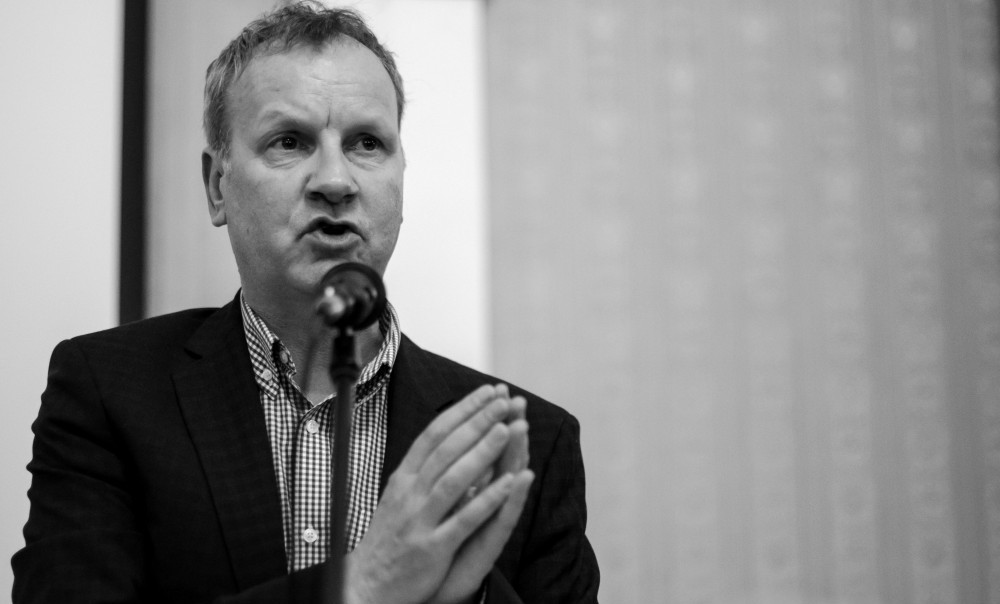If you’re going to have a line in the sand there’s no better place to draw it than in the desert, and no desert comes bigger than the Sahara. North Africa has emerged as one of the most interesting regions in the world following the arab spring and the transition to democracy for former arab dictatorships.
The transition to democracy has not been without its problems and issues. Tensions between islamists and secularists has characterised much of the transition debate whilst violence is always waiting in the shadows to assert itself if the democratisation process fails.
This weekend I was in Tunis as a governor of the Westminster Foundation for Democracy speaking at the Centre for the Study of Islam and Democracy’s Democratic Transitions in the Arab World conference (apologies for that particular mouthful).
We had the Tunisian Prime Minister speaking as well as Rached Ghannouchi, President of the ruling Nahdha Party. The ever inspirational Tariq Ramadan gave one of the keynote addresses and there were contributions from academics and politicians from round the world.
Tunisia is the line in the sand because it presents the best example of a positive way forward in democratic transition. It is a line that must be held as the rest of the region stutters and stalls in democratic renewal.
It was in Tunisia that the arab spring started, a little spark that quickly became an inferno engulfing dictatorships all over North Africa and the middle east.
Tunisia’s revolution was also peaceful and most of the infrastructure of state was left in tact. If transition is going to succeed it is going to succeed in Tunisia.
Elsewhere in the region things don’t look so great. There is political stalemate in Egypt and Libya is inheriting the legacy of it’s violent revolution with retributions and a failure to disarm.
In Syria the situation is approaching intolerable with the west almost disabled in its response. Elsewhere in the region there are uneasy stand offs between unhappy populations and their unelected rulers.
And all of this is new. We haven’t actually seen arab democracies emerge before in modern times. Western models of democracies, whilst helpful as an example are only examples. These nations are going to have to do it for themselves and be creative in establishing their democracies. Culturally things are entirely different. Islam runs through every aspect of civic life and there is a growing demand that islam becomes a feature of how these nations are governed.
It is no surprise therefore that provisional assemblies are dominated by islamic parties. Most of these aspirant democracies want their Governments informed by islam and that is exactly what they should get.
Look at the example of Tunisia again. Tunisia is perhaps the most “westernised” of arab states, but even here the moderate islamist Nahdha emerged as the largest party. Nahdha governs with support of two secular parties and this “troika” is responsible for overseeing the writing of the new constitution.
Arab dictators governed as secularists, ever mindful of due respect to islam. When freed from their clutches it is no surprise that arab populations had their own view of what they wanted when those dictators were gone.
We in the west are going to have to support and work with these new arab islamist Governments because they are going to be a feature of the world community. We must get over this ridiculous view that all islamist governments are somehow authoritarian and linked to unsavoury extremism. I am absolutely certain that we will see the arab spring nations emerge as both democratic and islamic.
Provisional islamic Governments must also recognise in return that there is a secular tradition that will remain a feature of their nation and their political tradition. Securing a place and respect for both traditions is the absolute key to successful democratic transition.
Democracy is the engine and lubricant of all of this and we must always support and respect the choice of our brothers and sisters throughout the world.
If we can offer the right support these new nations can and will play a constructive part in the world community.
